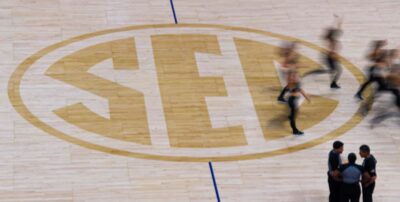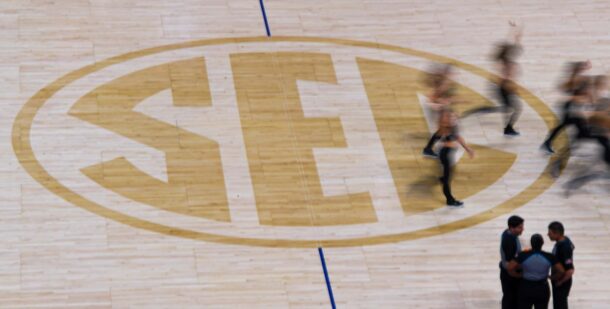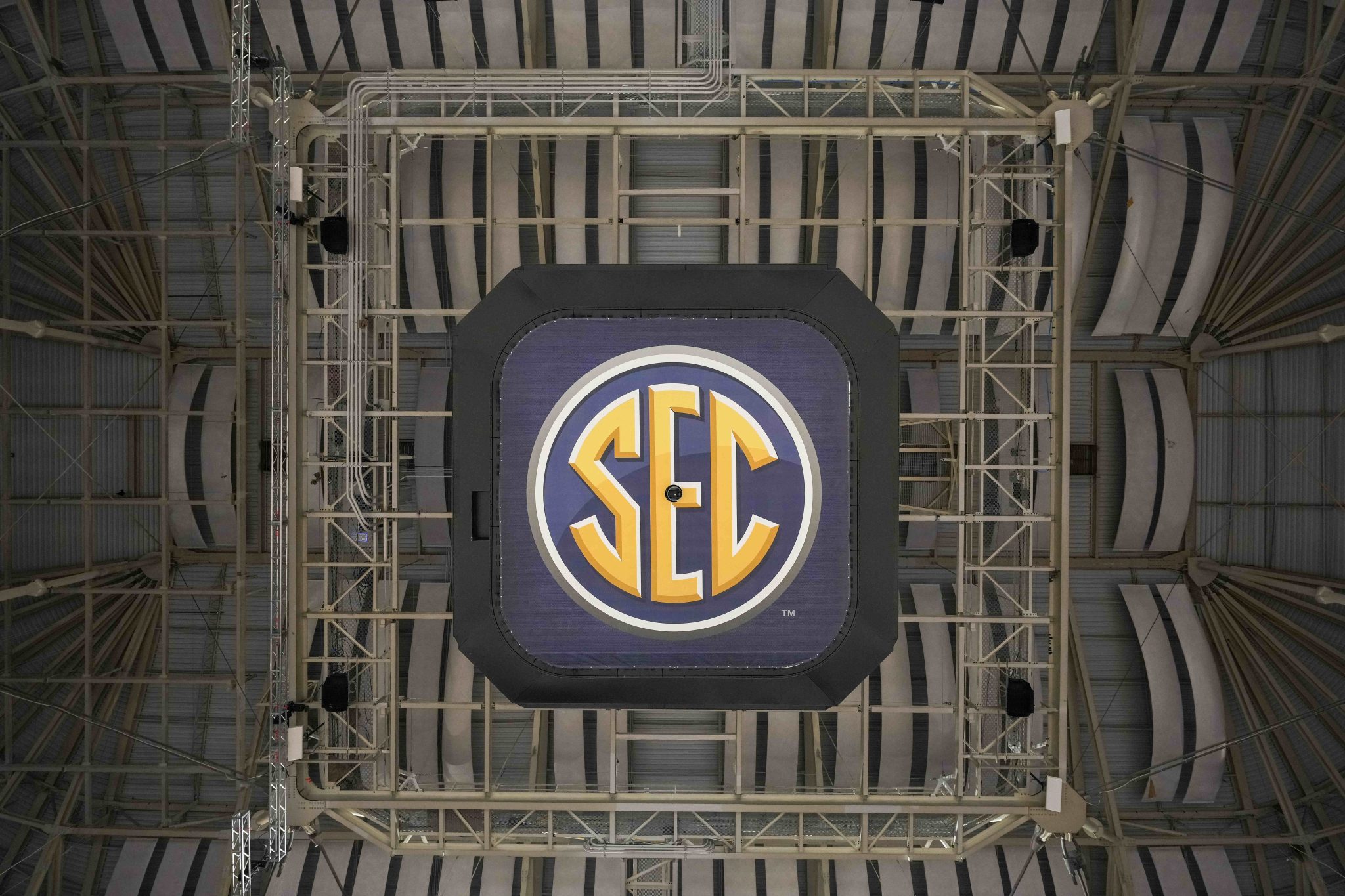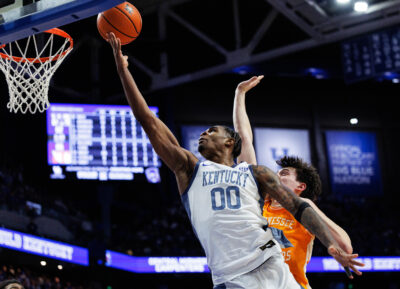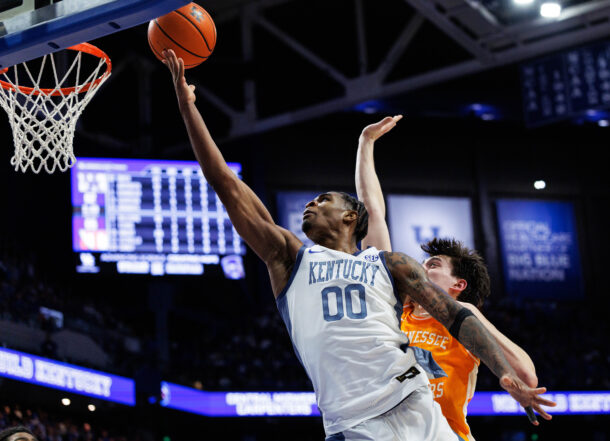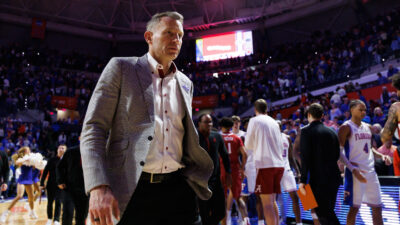Essay from professors condemns ‘excessive and exploitative’ time constraints on college athletes
By Nick Cole
Published:
Do college football players spend too much time worrying about the game and not enough time worrying about their school work?
That’s what two professors are arguing in an essay titled ‘Excessive and exploitative demands’ that was released on insidehighered.com on Tuesday.
Allen Sack and Gerald Gurney argue that there is “probably no more significant roadblock for college athletes seeking a meaningful education than the unreasonable amount of time they must engage in practice and other athletics-related activities.”
The essay cites studies that claim college athletes in revenue sports, such as football, spend a significant amount of time in excess of the 20 hour per week limit that exists under NCAA rules.
In fact, the latest numbers from an NCAA survey of FBS football players suggest that the amount of time spent on football is more than double that, at a median of 42 hours spent on football-related activities per week.
Another study involving Pac-12 athletes placed that number closer to 50 hours per week, and Sack and Gurney tried to explain why that number continues to grow with added “voluntary workouts” without much vocal resistance from players:
Some of the athletes in the Pac-12 study reported that coaches had threatened to kick them off the team for missing voluntary activities. Other athletes said they felt under duress to participate in voluntary activities for fear of moving down the depth chart. Athletes alleged that coaches have punished an entire team because an athlete missed a nonmandatory practice or workout. Not surprisingly, more than 60 percent of Pac-12 athletes said they would have much more time to study or to engage in internships if the activities that coaches say are voluntary were truly voluntary. Travel, training for rehabilitation and dressing for practice sessions or competitions also demand significant uncounted time.
The authors observed that while athletes cite sleep as the area that is impacted most by this increase in time commitment, that can still have a negative impact on their abilities to perform up to standard in the classroom.
It’s easy to see that academic-minded people around these universities would complain, but what is their solution?
Sack and Gurney suggest one of three things will be enough to force the NCAA to make a change:
It is highly unlikely the NCAA will take serious action on this issue or any other meaningful academic reform, unless some sort of litigation, a rekindled college athlete unionization movement or an action by Congress slams it up against the wall.
Lawsuits, unionization and Congress. All three sound messy, and could have a significant long-term impact on the game that we all love.
Nick Cole is a former print journalist with several years of experience covering the SEC. Born and raised in SEC country, he has taken in the game-day experience at all 14 stadiums.


